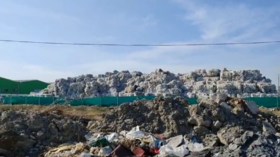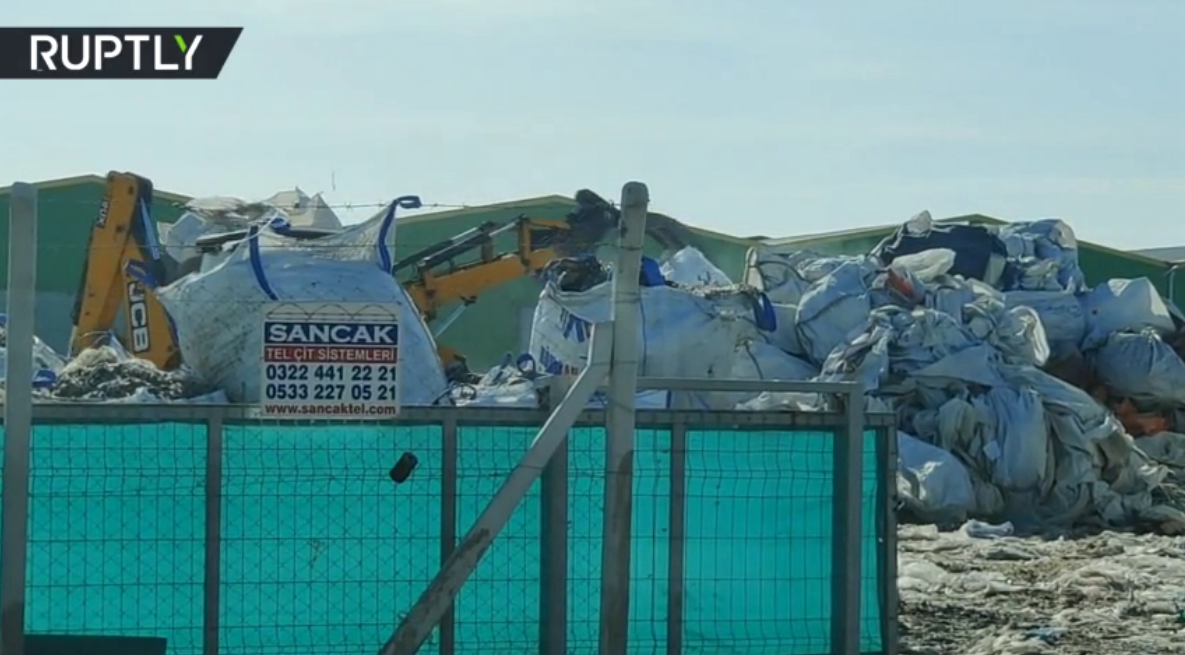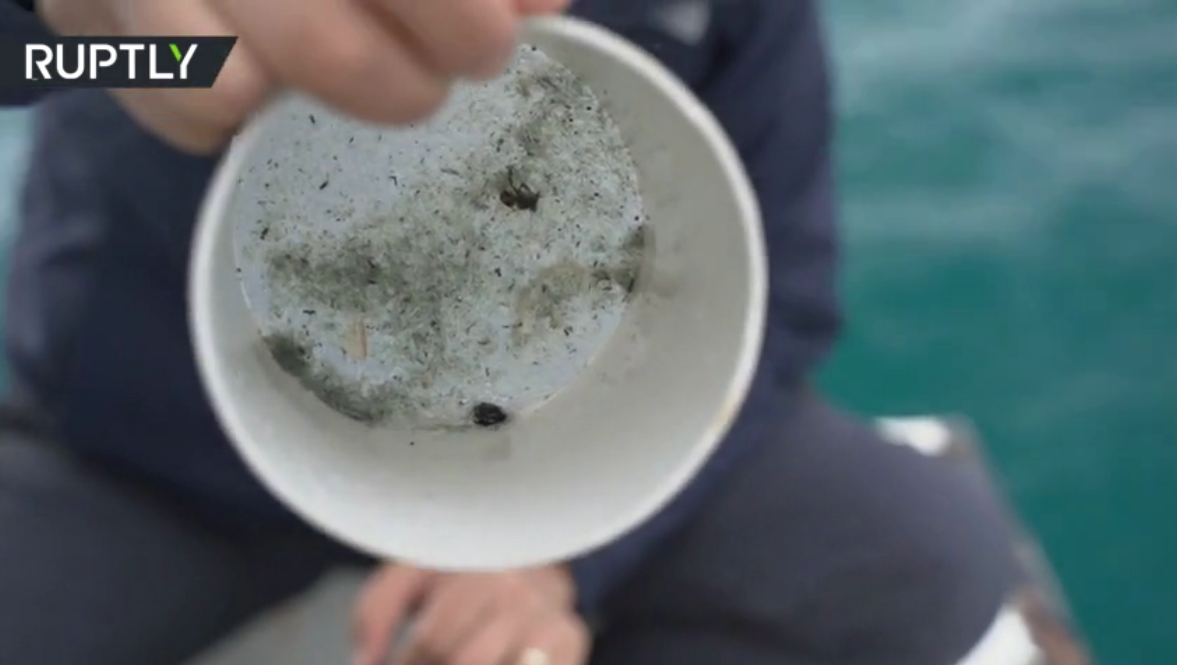‘We can’t be garbage dump for Europe’: Fears in Turkey over imported plastic waste spike

Turkey has become a primary destination for plastic waste from richer European countries after the garbage was rejected by China and India. An environmental and health crisis is now in the making in Turkey, locals say.
In 2018, China banned the import of plastic waste, citing the environmental damage the practice had done to the country over the decades. India followed suit the next year. The decisions sent shockwaves across the global waste management industry, with exporting nations forced to find new destinations for their refuse.
For several European countries, Turkey became the new major target for sending their unwanted garbage. The UK is now the biggest source of foreign plastic waste for Turkey, with Germany and Italy also being significant contributors, Recep Karaman, the head of Turkey's Street Waste Collectors Association, told Ruptly.
“We cannot allow our country to be the garbage dump of European countries,” he said. “We know that European nations would not send their recyclable waste to us. They have their own industry, their own companies to make use of that. They send the useless waste to Turkey; waste that poses a threat to public health.”

The increased inflow from abroad, combined with Turkey’s lack of capacity for safe disposal, have made the country the second-worst source of mismanaged waste in the Mediterranean after Egypt, a 2019 World Wildlife Foundation report said.
Plastic seeps into the sea itself, but also chokes Turkish coastlines. Sedat Gundogdu, from the Fisheries Department at Adana Cukurova University, has been measuring its staggering impact.
“Daily plastic flow rate to the beach sediment … is around 31 kilograms of plastic per day [per kilometer of shoreline],” he told Ruptly. “This is the highest level of plastic flow rate in the Mediterranean.”

The effect on the population’s health may take several years to show up in statistical data, but some insight could be gleaned from looking at how people living in waste-importing regions of China are suffering.
“For example, babies are born with asthma in particular regions of China where the imported plastic waste goes to,” said Karaman.
One of the reasons for the ban in China was this. The same risk threatens our country now.
More immediately, the high influx of foreign waste has impacted Turkish rubbish collectors, driving the price of their services down and affecting some half a million people’s livelihoods. Turkey’s plastic producers are also concerned. Problems arising from mismanaged waste may hurt them by association, said Yavuz Eroglu, the president of the Turkish Plastics Industry Association.
“If we do not take measures on that, it both damages the environment and devastates the image of the plastic industry in general,” he warned.
Like this story? Share it with a friend!














